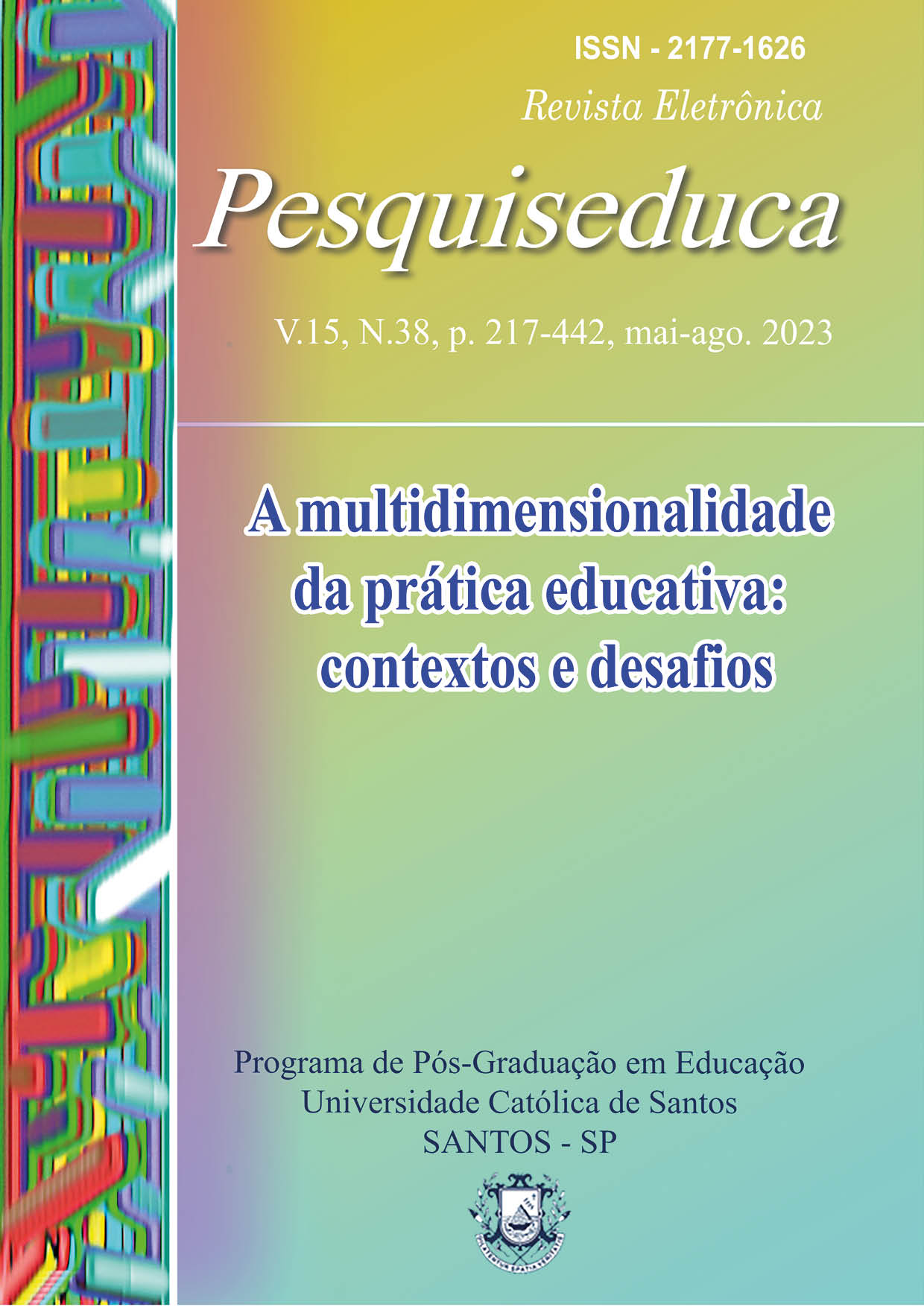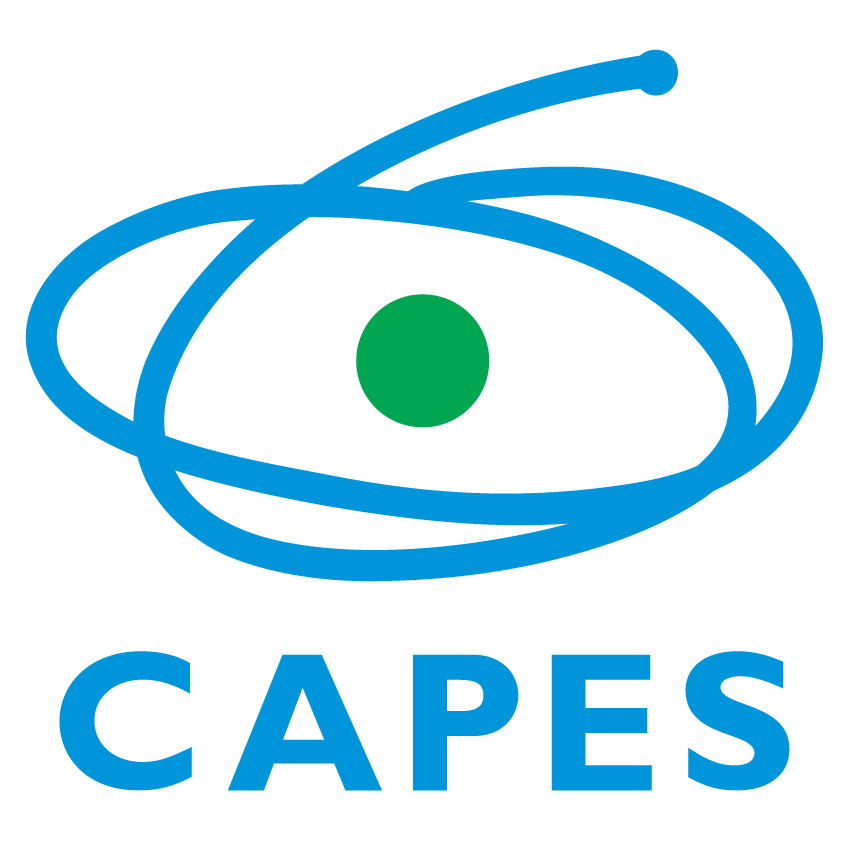Reflections on the applicability of the hypothesis in the investigation of scientific research in Letters and Literature
DOI:
https://doi.org/10.58422/repesq.2023.e1212Keywords:
Hypothesis, Scientific research, Creation processAbstract
This essay discusses the investigative approach according to the Cartographic Method, analyzing the challenges of building hypotheses in qualitative research in letters and literature. It is a bibliographic study, from a cartographic perspective. Taking as a conceptual basis the philosophy of Gilles Deleuze, with an intuitive method, that of Felix Guattari, with his notions of multiplicity, temporality, as well as the conjunction of the two authors, with their rhizomes and with their images of multiple thoughts, we assume if there is a need to break with the clichés, to envision research with methodological strategies that are built in the relationship with the object itself.
References
CHALMERS, A. F. O que é ciência afinal? São Paulo: Editora Brasilense, 1993.
DELEUZE, G. Foucault. São Paulo: Brasiliense, 1998.
DELEUZE, G. Lógica do sentido. São Paulo: Perspectiva, 2007.
DELEUZE, G.; GUATTARI, F. Mil Platôs: capitalismo e esquizofrenia. Rio de Janeiro: Ed. 34, 1995. v. 1.
DELEUZE, G.; GUATTARI, F. Mil Platôs: capitalismo e esquizofrenia. Rio de Janeiro: Ed. 34, 2008. v. 4.
DELEUZE, G.; PARNET, C. Diálogos. Lisboa: Relógio D’Água, 2004.
DEMO, P. Metodologia científica e ciências sociais. 3. ed. São Paulo: Atlas, 1995.
ECO, U. Como se faz uma tese em ciências humanas. 13. ed. Lisboa: Editorial Presença 2007.
FLICK, U. Introdução à metodologia de pesquisa: um guia para iniciantes. Porto Alegre: Penso, 2013.
GERHARDT, T. E.; SILVEIRA, D. T. (Org.). Métodos de pesquisa. Porto Alegre: Editora da UFRGS, 2009.
GIL, A. C. Como elaborar projetos de pesquisa. 4. ed. São Paulo: Atlas, 2002.
LAKATOS, E. M. Metodologia científica. 7. ed. São Paulo: Atlas, 2019.
MINAYO, M. C. S.; GUERRIERO, I. C. Z. Reflexividade como éthos da pesquisa qualitativa. Ciência & Saúde Coletiva, Rio de Janeiro, v. 19, n. 4, p. 1103-1112, 2012. Disponível em: http://dx.doi.org/10.1590/1413-81232014194.18912013.
OLIVEIRA, L. R. P. F.; COSTA, P. V.; SILVA, R. S. Arte-Cartografia. João Pessoa: Ideia, 2020.
PASSOS, E.; KASTRUP, V.; ESCÓSSIA, L. Pistas do método da Cartografia: pesquisa-intervenção e produção de subjetividade. Porto Alegre: Sulina, 2015.
Downloads
Published
How to Cite
Issue
Section
License

This work is licensed under a Creative Commons Attribution 4.0 International License.
Revista Eletrônica Pesquiseduca, Revista do Programa de Pós-Graduação em Educação - Universidade Católica de Santos (ISSN: 2177-1626) é detentora dos direitos autorais de todos os artigos publicados por ela. A reprodução total dos textos em outras publicações, ou para qualquer outro fim, por quaisquer meios, requer autorização por escrito do editor. Reproduções parciais de artigos (resumo, abstract, mais de 500 palavras de texto, tabelas, figuras e outras ilustrações) deverão ter permissão por escrito do editor e dos autores.










